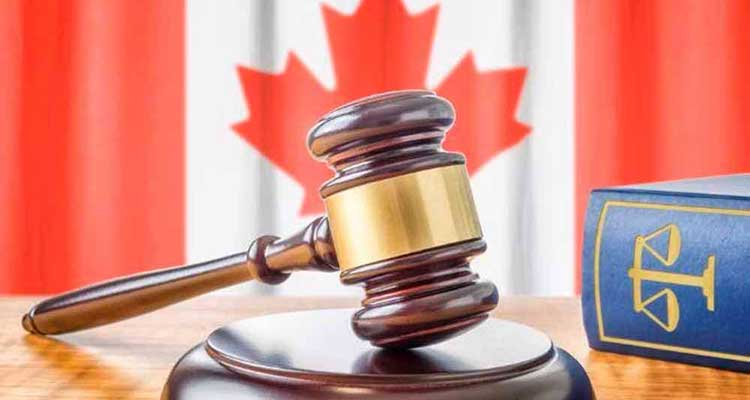
Legal Compliance in Property Management: Staying on the Right Side of the Law
Owning a rental property requires a thorough understanding of the different legislation and regulating authorities in Ontario. Staying on the right side of the law is not only a legal obligation but also essential for maintaining positive landlord-tenant relationships. In this blog post we will guide you through the complex landscape of property laws in Ontario, and help break down major compliance issues such as fair housing laws, lease agreements, and property safety standards.
Ensuring Equal Opportunity for All
Housing laws are designed to promote equal opportunities and prevent discrimination for all Ontarians. Property owners must be well-versed in the Human Rights Code, which prohibits discrimination based on factors such as race, gender, disability, and family status. When advertising your rental property, make sure your ad does not prohibit certain applicants from applying based on their gender, income or family status. When reviewing rental applications, ensure you are looking at the large picture and not denying an applicant for one particular shortcoming.
Lease Agreements: The Foundation of Your Tenancy
Lease agreements form the legal basis of the landlord-tenant relationship. Property owners should ensure that they are using the Ontario Standard Lease Agreement. Its essential to ensure that your Lease is filled out correctly, and that you haven’t added any clauses that contravene the Residential Tenancy Act. You must also provide your Tenant with a copy of the lease no more than 21 days after the Lease commences.
Property Safety Standards
Ensuring the safety of rental properties is a number one priority. Property owners must adhere to the standards outlined in the Fire Code and Building Code. Regular maintenance, inspections, and adherence to safety protocols, such as the installation of smoke and CO detectors are essential. Ensure that you inspect your property at least once a year and that you test your fire and life saving equipment, as well as replace expired devices and keep a written log of all testing and inspections.
Privacy Laws and Tenant Rights: Respecting Boundaries
Property owners must respect tenant privacy and adhere to privacy laws, including the Personal Information Protection and Electronic Documents Act (PIPEDA). Obtain tenant consent before collecting and using personal information, and provide proper 24 hours written notice before entering a rental unit for inspections or repairs.
Rent Increase Guidelines: Understanding Limits
The Ontario Government regulates rent increases to ensure fairness and affordability. Property owners must adhere to the guidelines outlined in the RTA, including providing proper 90 days written notice and staying within the prescribed percentage limit for annual rent increases. The rent increase for 2024 is set at 2.5%. Failure to comply with these guidelines can result in legal repercussions.
Security Deposits and Rent Receipts: Following Legal Procedures
Property owners in Ontario are only allowed to collect deposits for the last month’s rent. Security deposits are not allowed and tenants have the right to request receipts for rent payments. Property owners are also required to pay annual interest on the deposit being held.
Handling Evictions: Strict Adherence to Legal Procedures
When faced with the need to evict a tenant, property owners must strictly adhere to the legal procedures outlined in the Residential Tenancies Act. This includes providing proper notice and, if necessary, filing an application with the Landlord and Tenant Board. It’s crucial to seek legal advice to ensure the eviction process is carried out correctly.
Legal compliance is the cornerstone of managing rental properties in Ontario, Canada. By staying informed about fair housing laws, lease agreements, property safety standards, privacy laws, rent increase guidelines, and eviction procedures, property owners can successfully navigate the complex world of property management.



